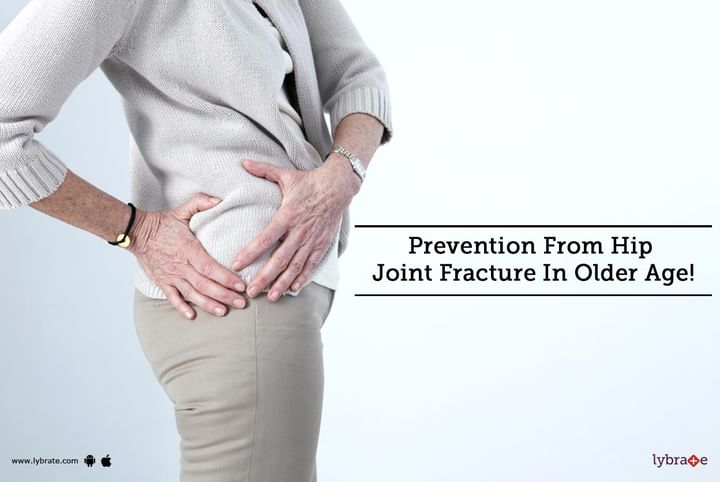Prevention From Hip Joint Fracture In Older Age!
Any mild fracture in the hip can give a tough time to people. A hipbone fracture or broken hip is most common in elderly people, especially in women. Mostly, the reason is the underlying thinning of bones. In addition, in any hospital hip fracture is considered to be the most common bone treatment in the orthopedic department.
A hipbone fracture can be intracapsular (within the joint capsule), or it can be extracapsular (outside the joint capsule).
What causes the hipbone fracture?
As discussed before, the leading cause of hipbone fracture is thinning of bones. So if you develop osteoporosis, you end up getting a fracture in your hip, mostly when you fall. Osteoporosis generally means your bone density has decreased, and your bones have become honeycombed. This makes the bone more fragile.
Generally, if you have a fracture in your hip, then you will feel pain around the injured portion, you will face difficulty in walking or moving. These are the most common symptoms that can be felt during a broken hip. Mostly the intensity of the fracture is determined clinically via different tests like X-ray, MRI, CT scan, etc. The treatment may vary and depends upon the intensity of the injury. Now if we talk about the treatment of hipbone fracture, it's mostly surgery.
Well, it will be smart enough to take prevention regarding the hipbone fracture. There are various kinds of guidelines, which can help elders to prevent a hipbone fracture.
How to prevent hipbone fracture?
First and foremost, it is advised to adopt a healthy lifestyle in young age in order to build a healthy bone, which decreases the chance of bone fractures in older age.
- Always remember to maintain a healthy bone.
- Calcium and vitamin D both are very important for healthy bones. Health experts advise, when you attain the age of 50 or above, you should daily intake 1,200 milligrams of calcium per day and 600 international units of vitamin D per day.
- Exercise can help you to maintain peak bone density for longer periods, and it also increases the strength of your body and bones. Balance training also plays a pivotal role since it reduces the chance of falling.
- Avoid consuming of tobacco and alcohols as it can reduce bone density.
- Get your eyes checked every year so that you do not face any problem while seeing. This is because poor view increases the chance of falling.
- Keep an eye on every medicine you are taking. As dizziness or weakness can be side effects of many medicines, these can lead you to fall often. So it is advised to discuss your medication with doctors.
- As you get older, the chance of high or low blood pressure doubles up. So you should be extra careful while standing up.
- If you don't feel steady enough, then to avoid falling, it is safe to use a walker or walking stick in the old age.



+1.svg)
